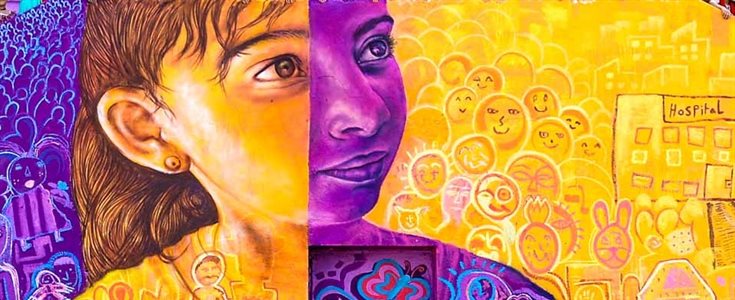Building Local Resilience to Modern Slavery and Human Trafficking After Covid-19: Action-Research in Senegal and Kenya

Funder: Arts and Humanities Research Council (AHRC)
Duration: October 2020-March 2021
Project Lead: Dr Alison Gardner
Programme: Communities and Society
Partner: Free the Slaves
About the project
This study will bring together the international NGO ‘Free the Slaves’ and their local partners with the Rights Lab to undertake exploratory case-study analysis into how Covid-19 is impacting on systemic anti-slavery resilience in Dakar, Senegal and Nairobi, Kenya. These cases represent examples of East and West African states with established anti-trafficking programmes prior to Covid-19, who are also experiencing relatively low levels of impact from Covid-19 at the current time (19,913 cases in Kenya against a population of 48m and 10,106 cases in Senegal in a population of 14.6m). In 2019 both countries were at Tier 2 in the US Department of State’s Trafficking In Persons Report, although Senegal was put on the Tier 2 Watch List in 2020. In both cases local government and community responses form an essential component of anti-trafficking work, although the type of exploitation varies. In Dakar there is a particular focus on forced begging and the need to regulate Daaras – Quranic Schools that can be used to exploit talibé children. In Nairobi, labour and sexual exploitation are considered priority areas.
In relation to the Covid-19 response, Senegal committed at an early stage to a resilience package of emergency measures equivalent to 7% of GDP alongside strict containment measures, but has subsequently relaxed controls (as at 29 July 2020). Kenya made a lower initial investment (0.9% GDP to date) but is currently implementing stricter controls. Research in these two settings will therefore enable us to consider the impacts of Covid-19 for on local and community-based responses in projects focussed on different types of MSHT, and in contexts of varying levels of government intervention.
Download our reports:
Building Resilience against Exploitation in Senegal and Kenya in the Context of Covid-19:
Building Resilience against Exploitation in Senegal and Kenya in the Context of Covid-19 (French version)
Report on Building resilience against exploitation in Kenya in the context of Covid-19
Report on Building Resilience Against Exploitation in Senegal in the Context of Covid-19
Report on Building resilience against exploitation in Senegal in the context of Covid-19 (French version)